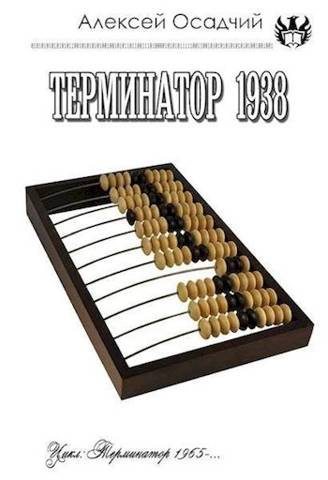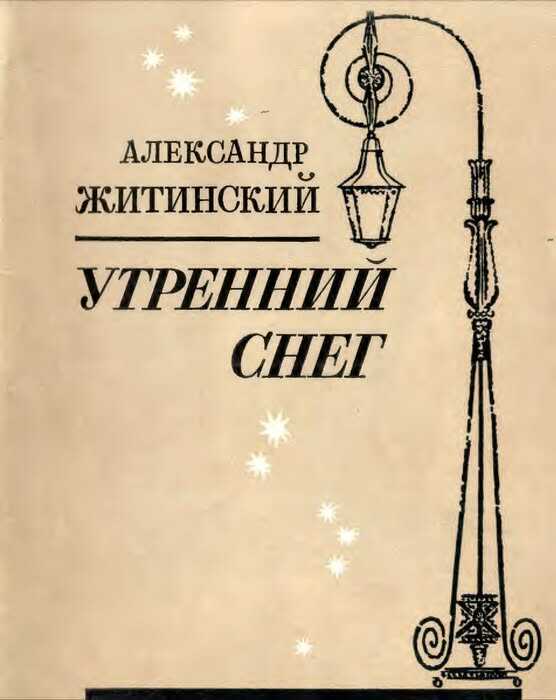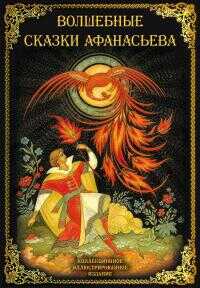Книга Венок усадьбам - Алексей Николаевич Греч
Читать книгу Венок усадьбам - Алексей Николаевич Греч полностью.
Шрифт:
-
+
Интервал:
-
+
Закладка:
Сделать
Перейти на страницу:
Перейти на страницу:
Книги схожие с книгой «Венок усадьбам - Алексей Николаевич Греч» от автора - Алексей Николаевич Греч:
Комментарии и отзывы (0) к книге "Венок усадьбам - Алексей Николаевич Греч"












